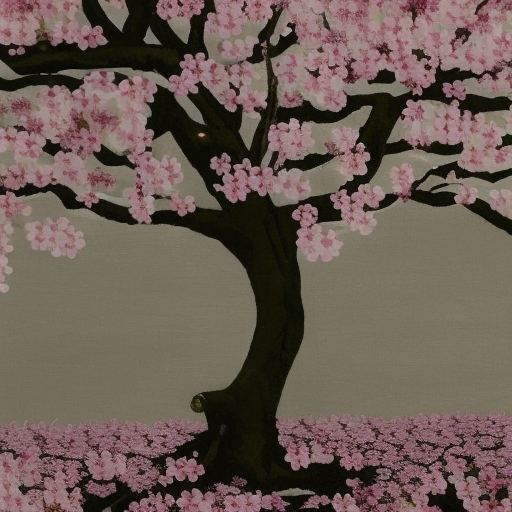Ikiru by Akira Kurosawa: A Poignant Exploration of Life’s Meaning
Main Cast and Crew:
- Director: Akira Kurosawa
- Writer: Akira Kurosawa, Shinobu Hashimoto, Hideo Oguni
- Key Actors: Takashi Shimura as Kanji Watanabe, Nobuo Kaneko as Mitsuo Watanabe, Kyoko Seki as Kyoko Watanabe
- Music Director: Fumio Hayasaka
- Director of Photography: Asakazu Nakai
- Producers: Sojiro Motoki, Sanezumi Fujimoto
Plot:
“Ikiru” tells the story of Kanji Watanabe, a middle-aged bureaucrat who discovers he has terminal stomach cancer. Trapped in a monotonous job and devoid of any real purpose, Watanabe embarks on a quest to find meaning in his remaining days. Through a series of flashbacks, we learn about his unfulfilled life and his strained relationship with his son.
Desperate to leave a lasting impact, Watanabe dedicates himself to transforming a neglected piece of land into a children’s playground. Despite facing bureaucratic obstacles and indifference from his colleagues, he perseveres, finding solace in the project and the joy it brings to the children. As his health deteriorates, Watanabe becomes determined to leave behind a legacy that will prove he lived a meaningful life.
Themes and Motifs:
“Ikiru” delves into profound themes such as the quest for purpose, the fleeting nature of life, and the importance of human connection. Kurosawa explores the existential crisis faced by Watanabe, highlighting the emptiness that can accompany a life devoid of passion and meaning. The film also examines the bureaucratic nature of society, criticizing the dehumanizing effects of rigid systems and the indifference of those in power.
Through its use of flashbacks and introspective moments, “Ikiru” emphasizes the need for individuals to reflect on their lives and make the most of their limited time. The film’s poignant portrayal of Watanabe’s transformation serves as a reminder that it is never too late to find purpose and leave a positive impact on the world.
Reception and Legacy:
Upon its release in 1952, “Ikiru” received mixed reviews from critics but has since gained recognition as one of Akira Kurosawa’s masterpieces. The film’s powerful exploration of existential themes and its emotional impact have solidified its place in cinema history.
“Ikiru” was nominated for the Golden Lion at the Venice Film Festival and won the Silver Bear at the Berlin International Film Festival. Its influence can be seen in subsequent works, with its themes and narrative structure inspiring filmmakers around the world.
Recommendation:
“Ikiru” is a deeply moving and thought-provoking film that forces viewers to confront their own mortality and the meaning of their existence. Kurosawa’s masterful direction, combined with Takashi Shimura’s exceptional performance as Kanji Watanabe, creates an emotional journey that will resonate with audiences long after the credits roll. This film is a must-watch for those seeking a profound exploration of life’s purpose and the importance of human connection.
Memorable Quote:
“I can’t afford to hate people. I don’t have that kind of time.”












